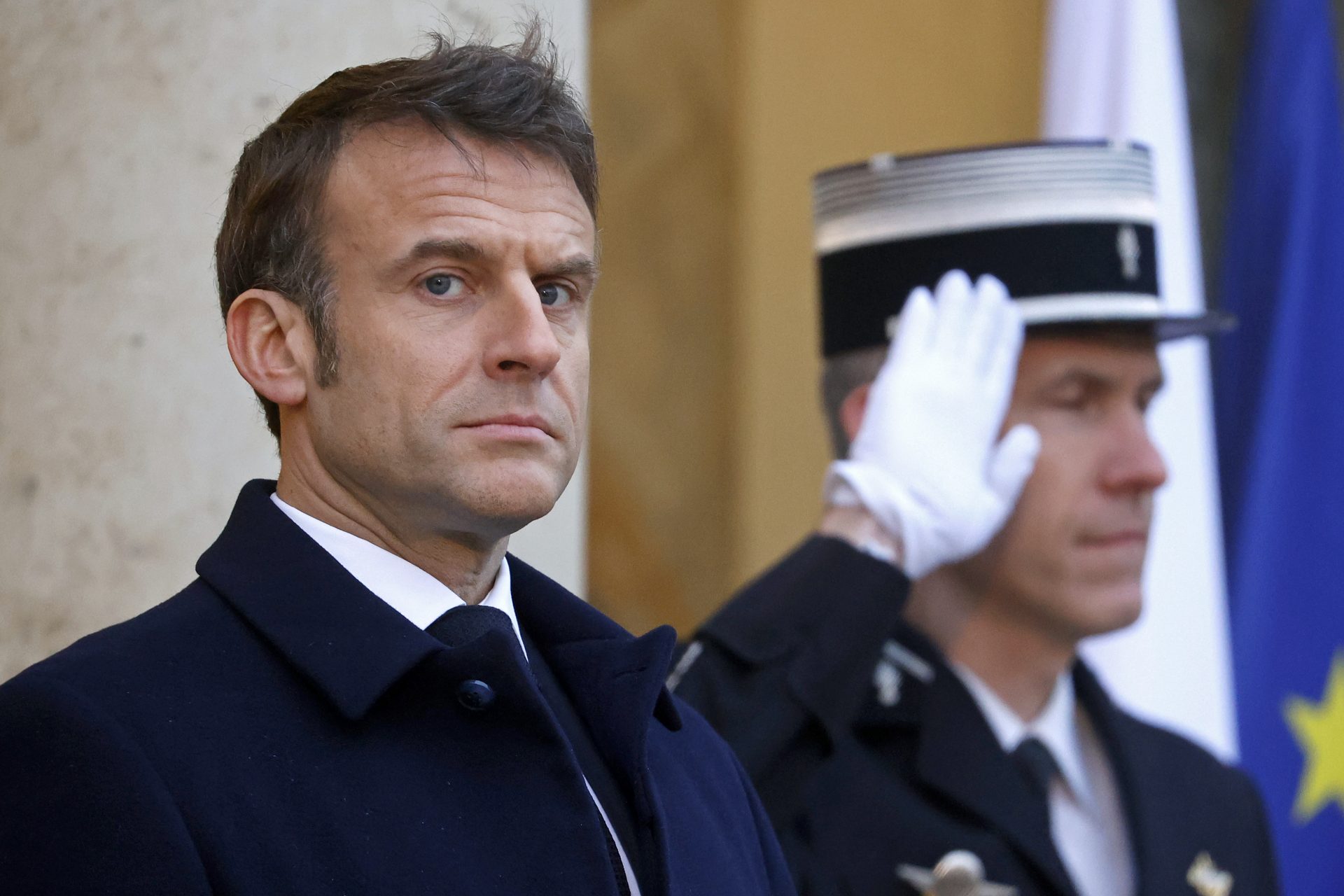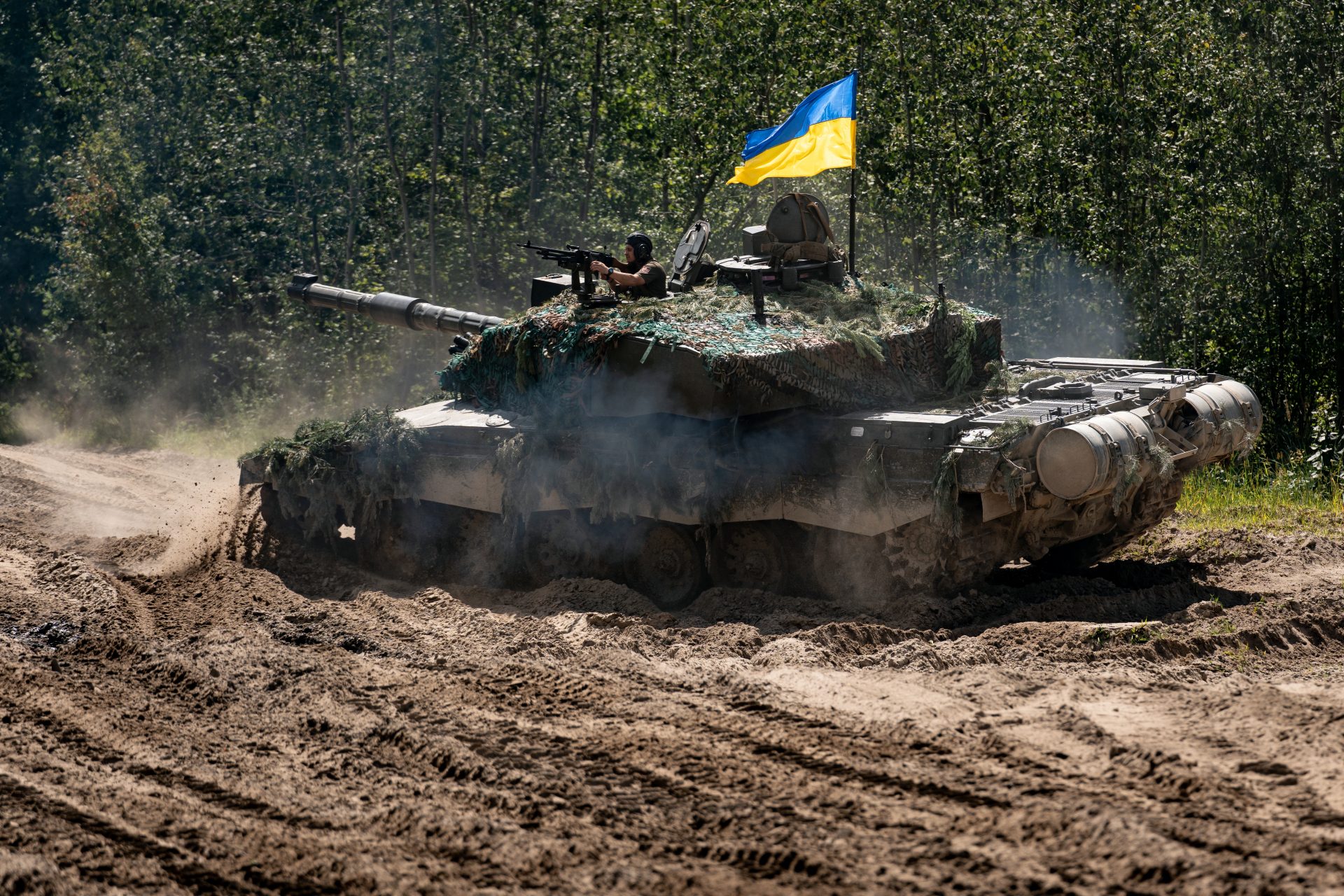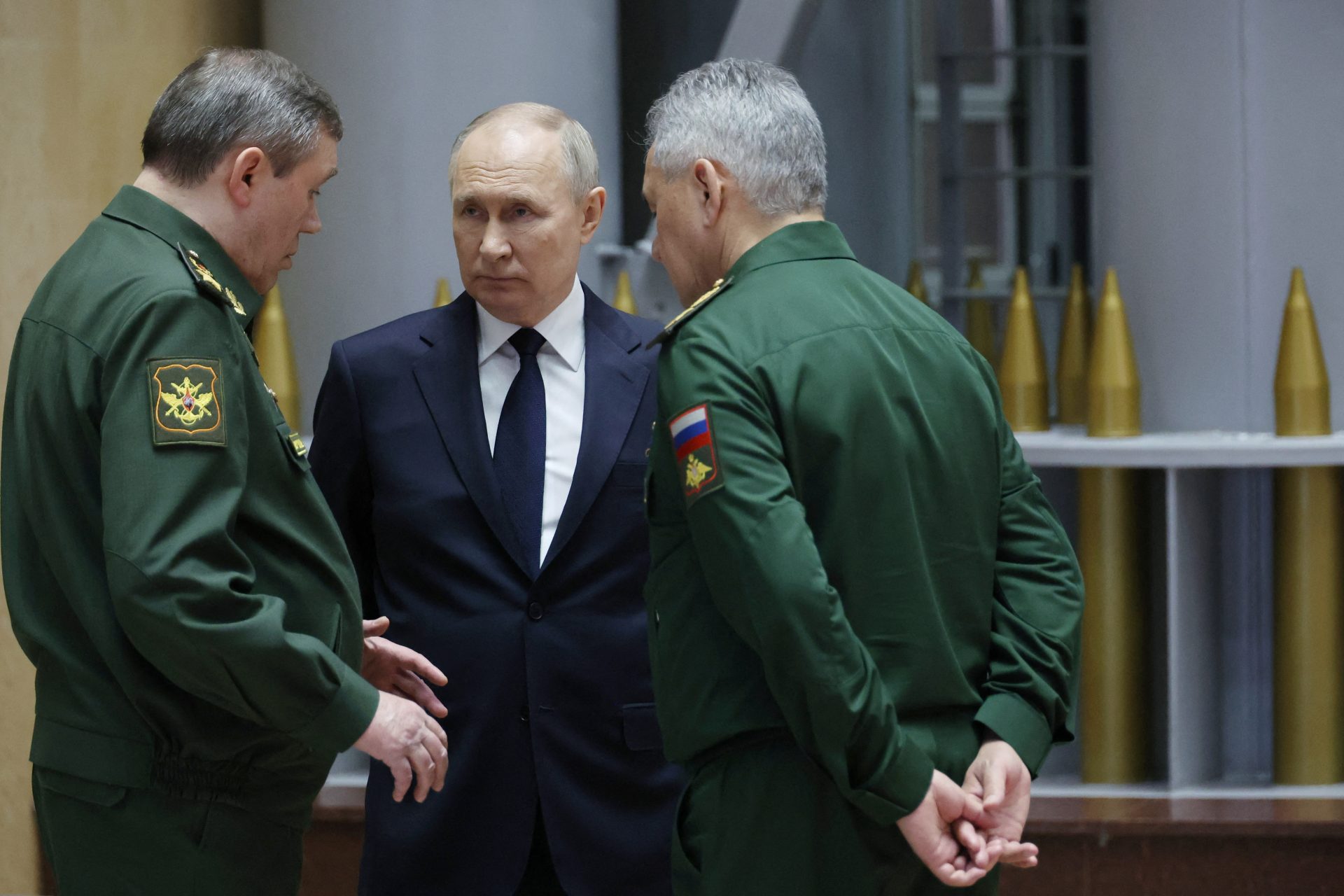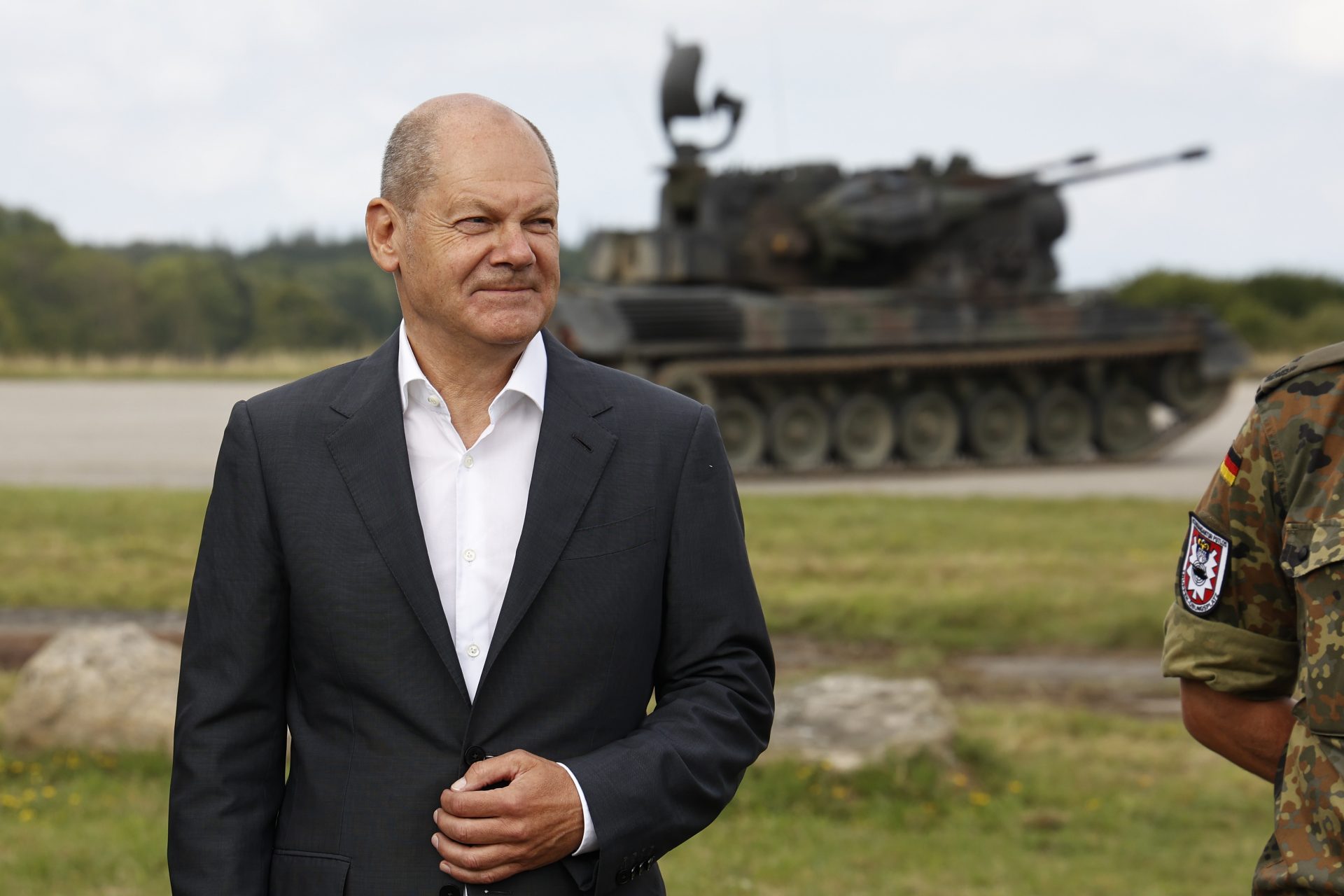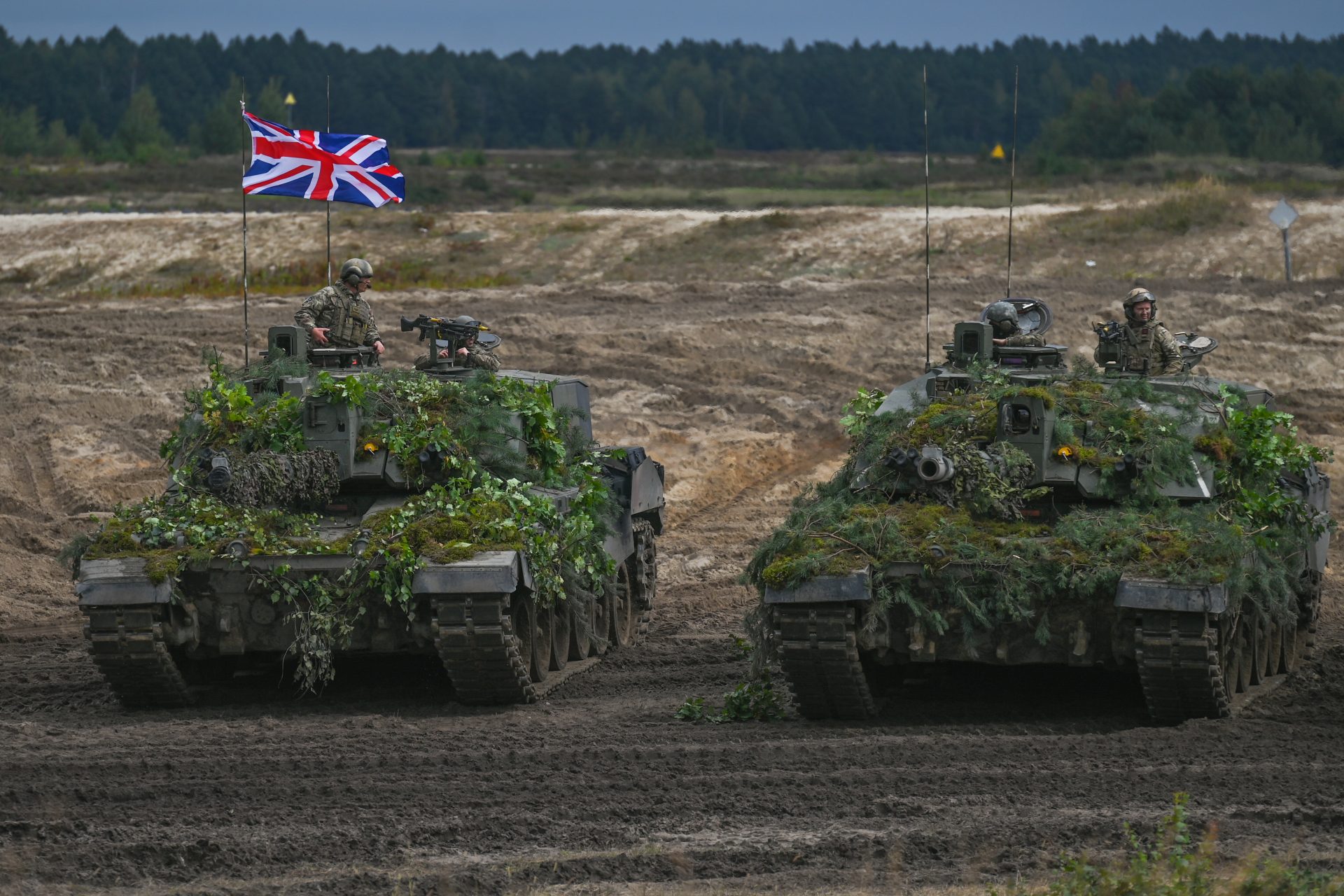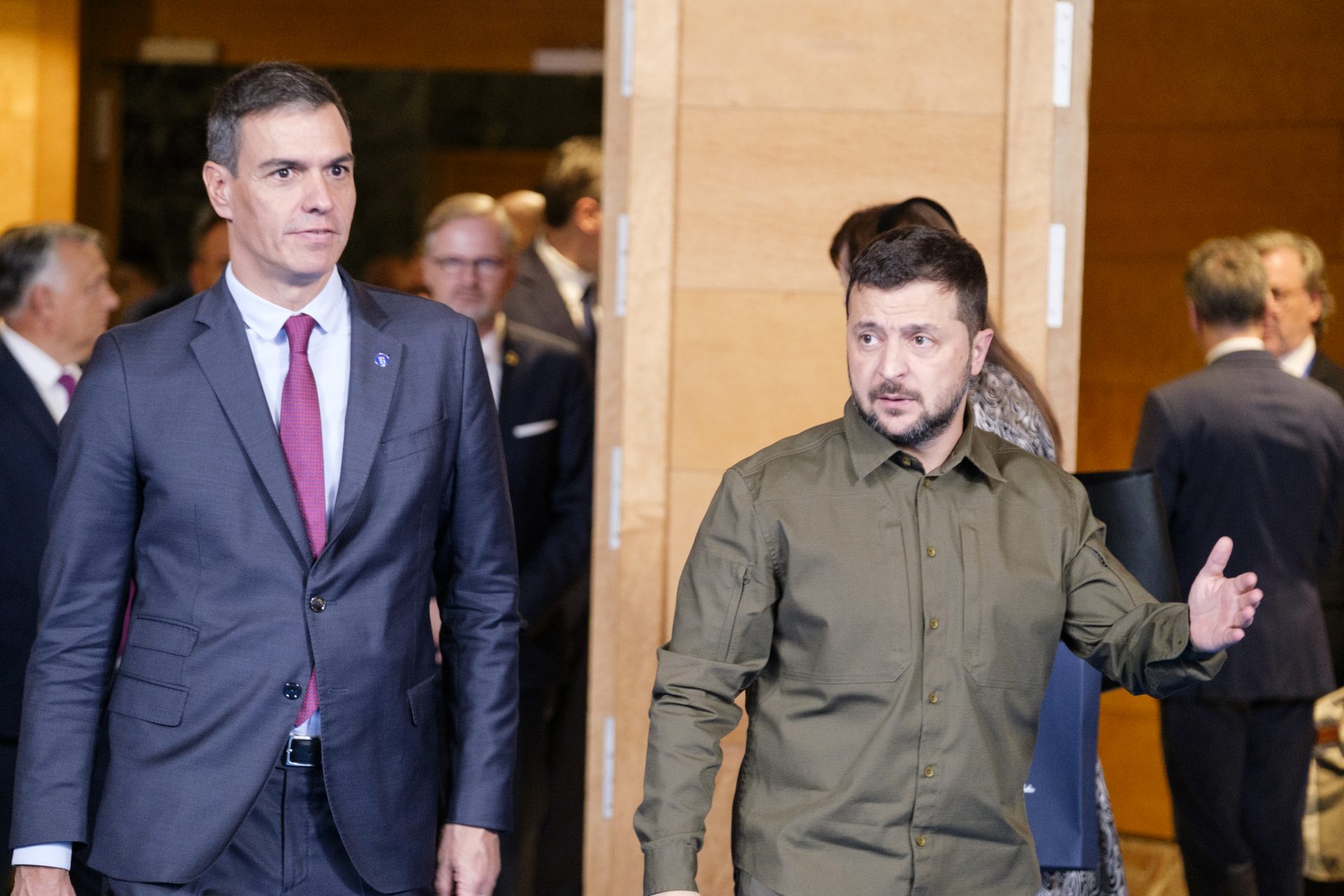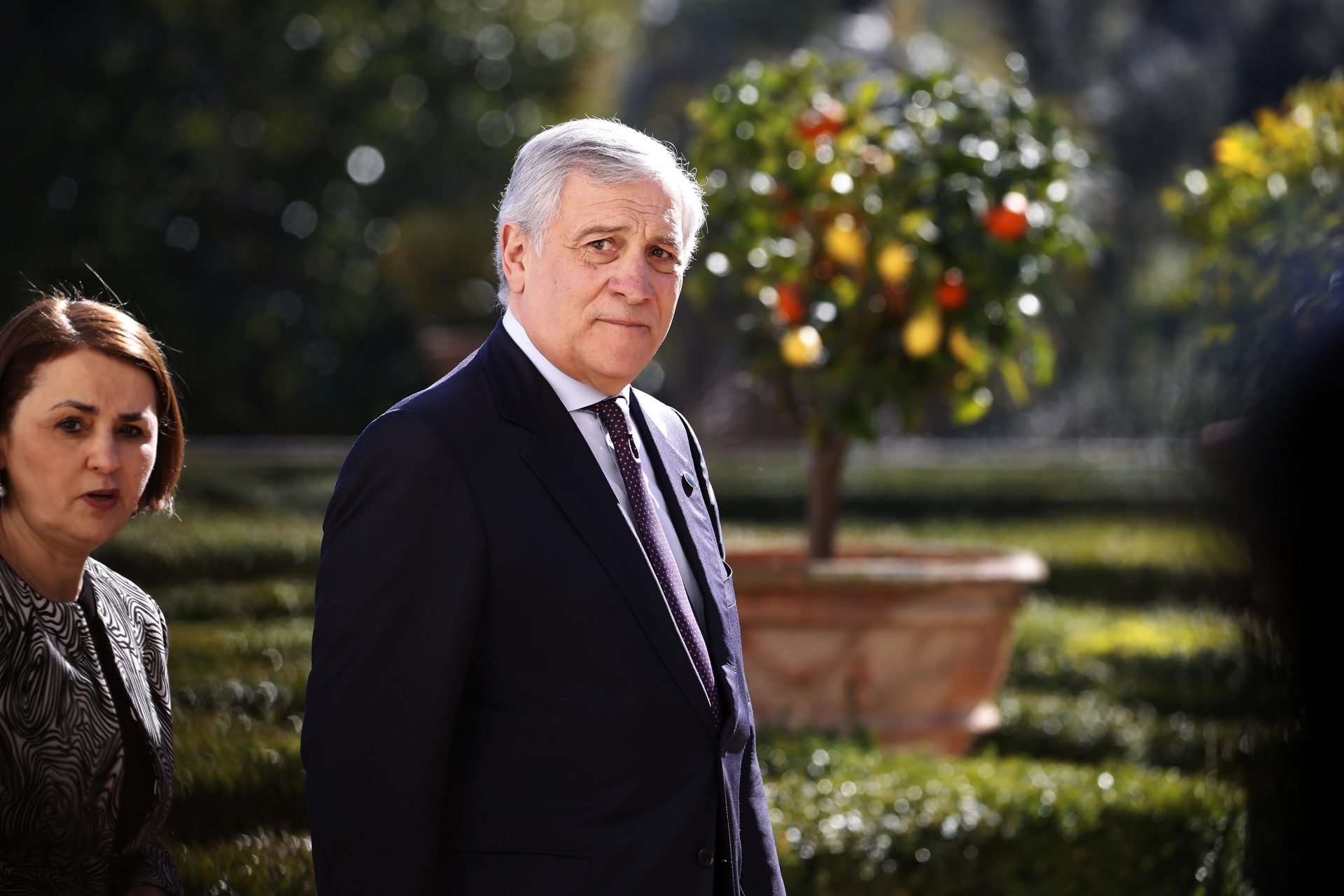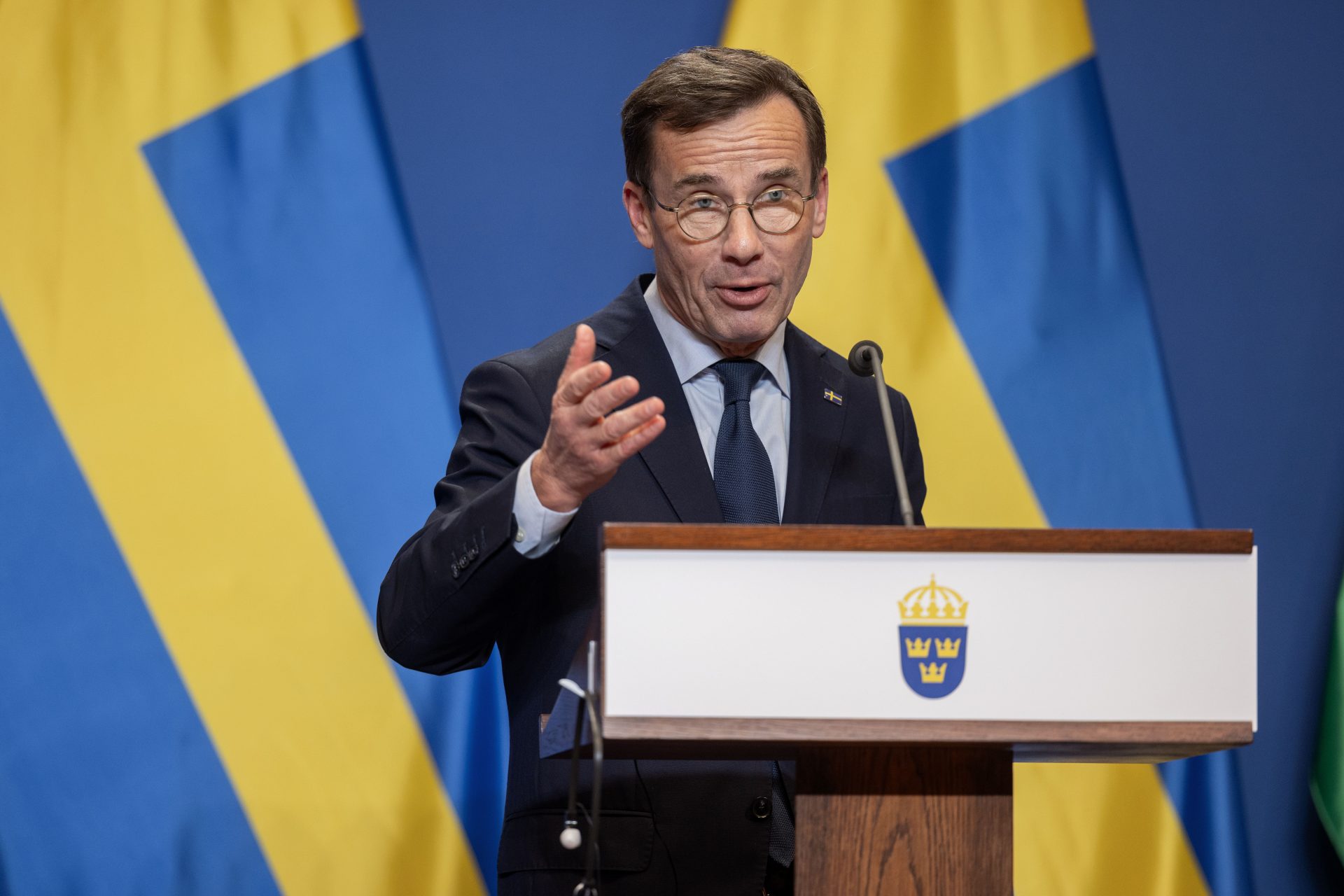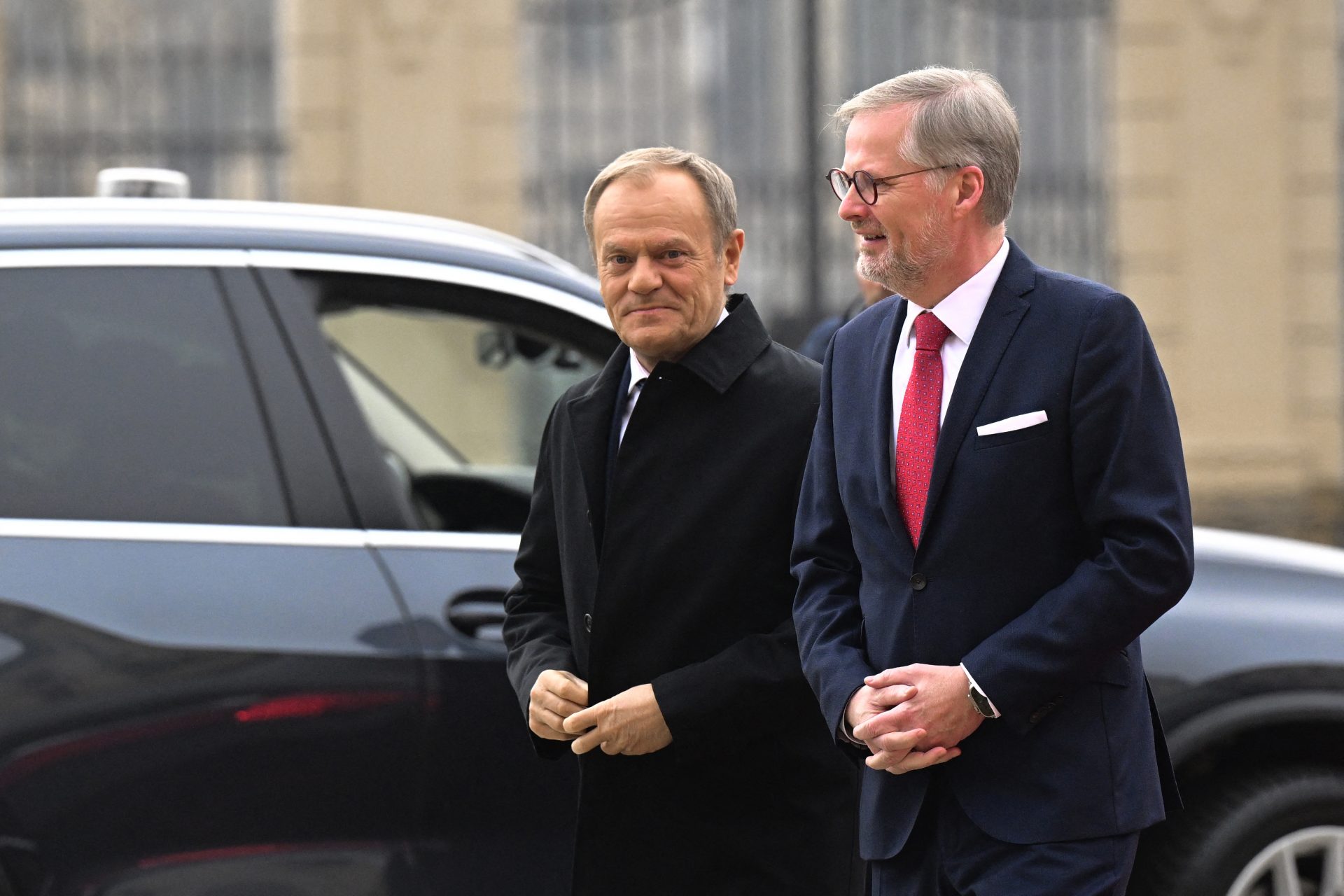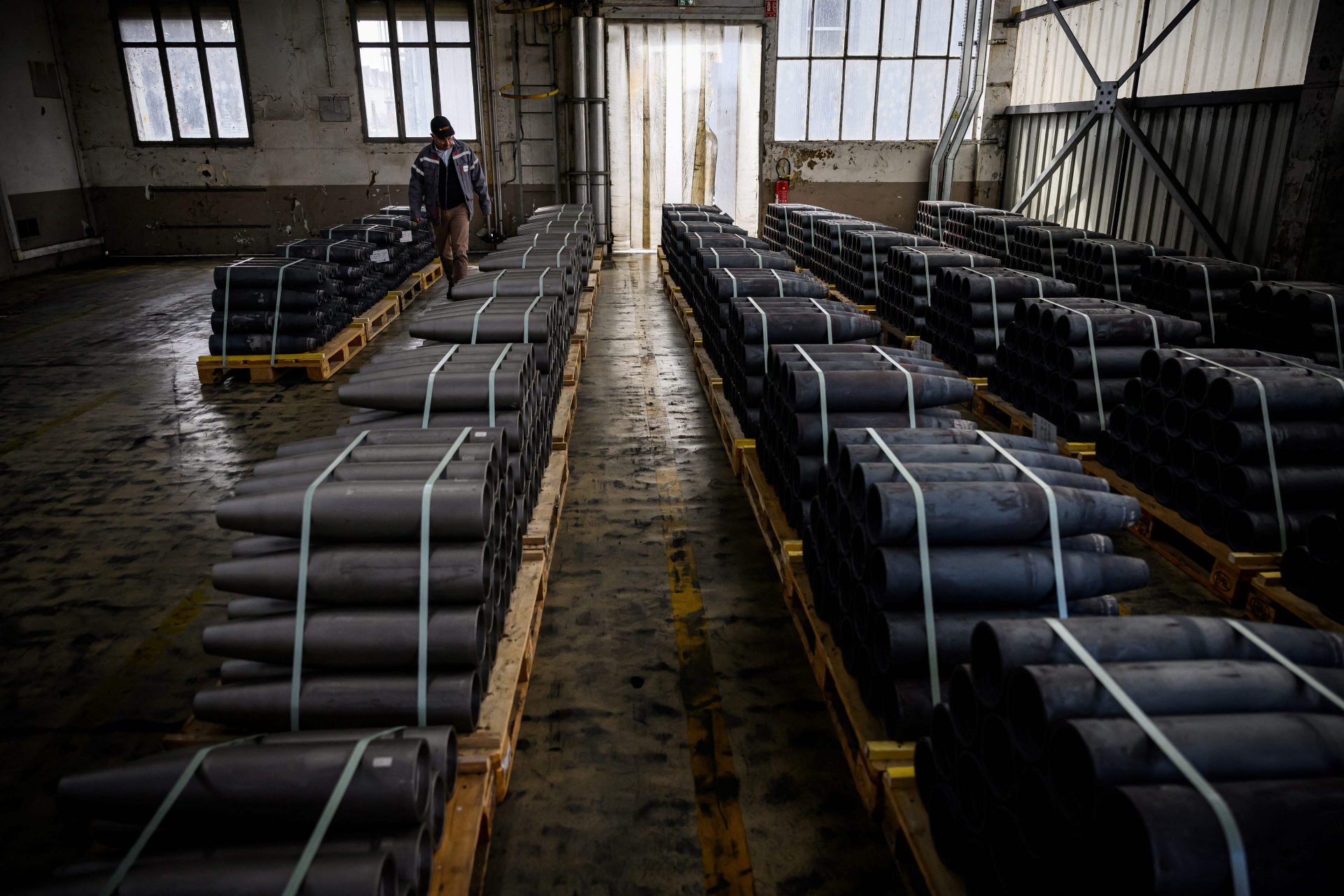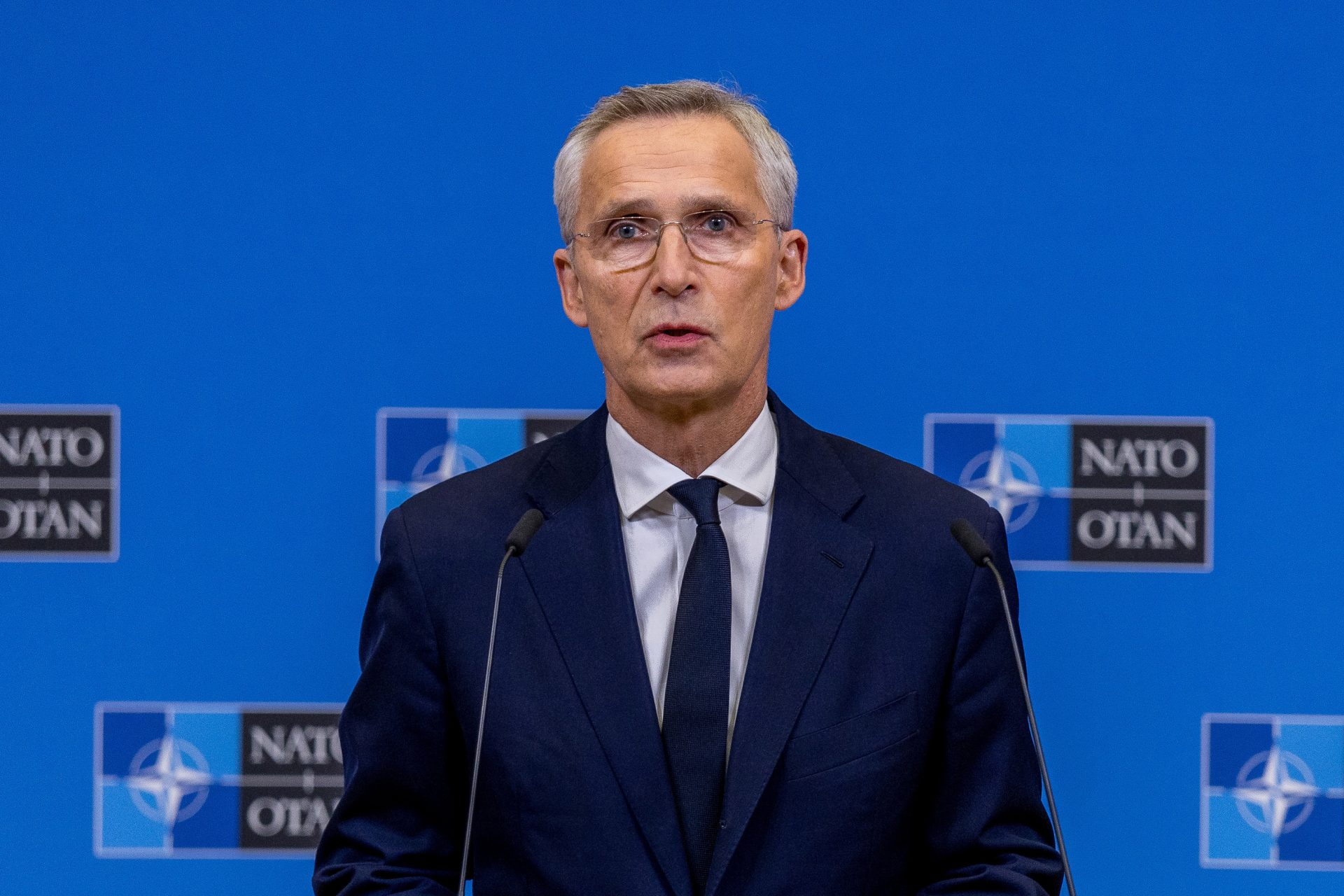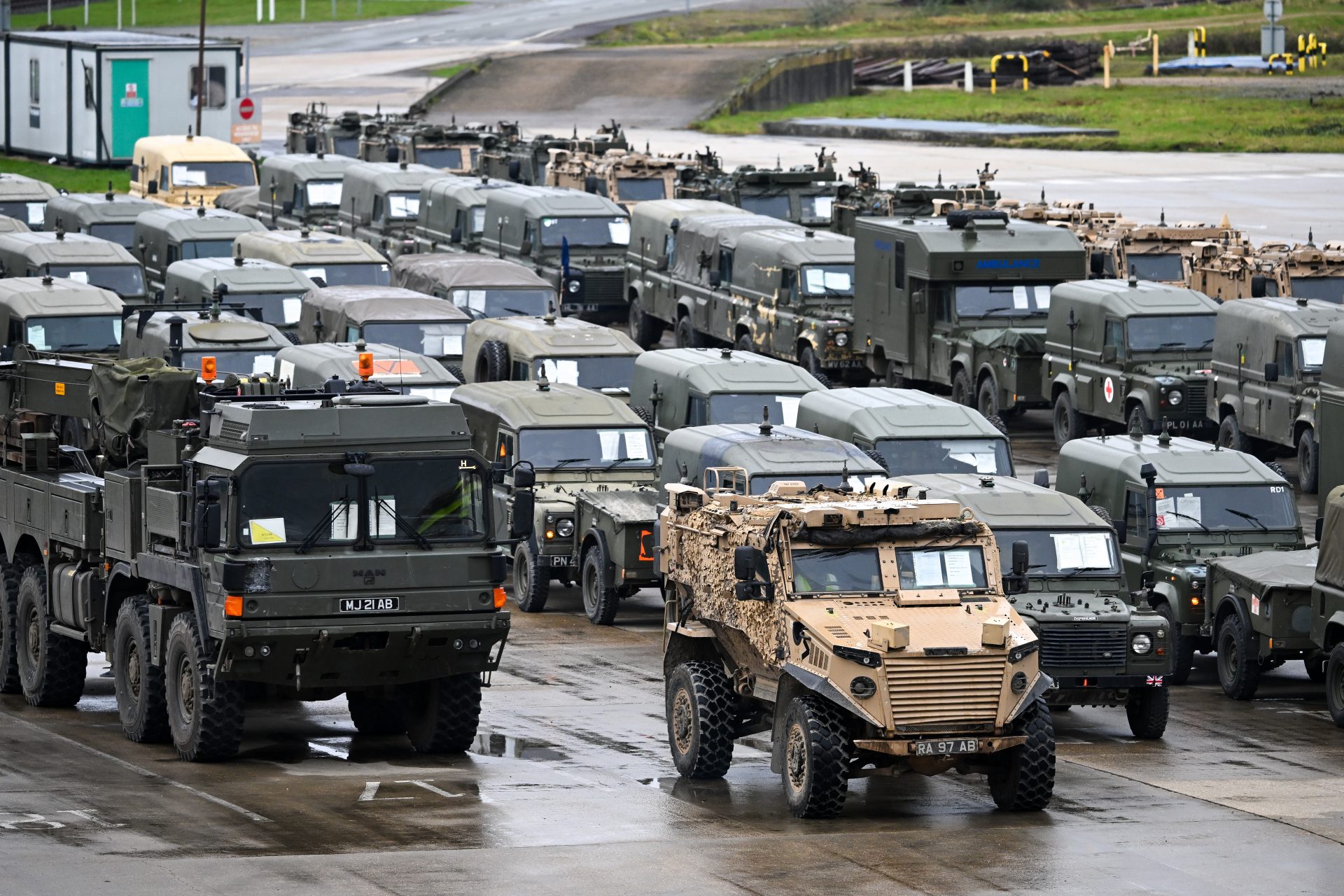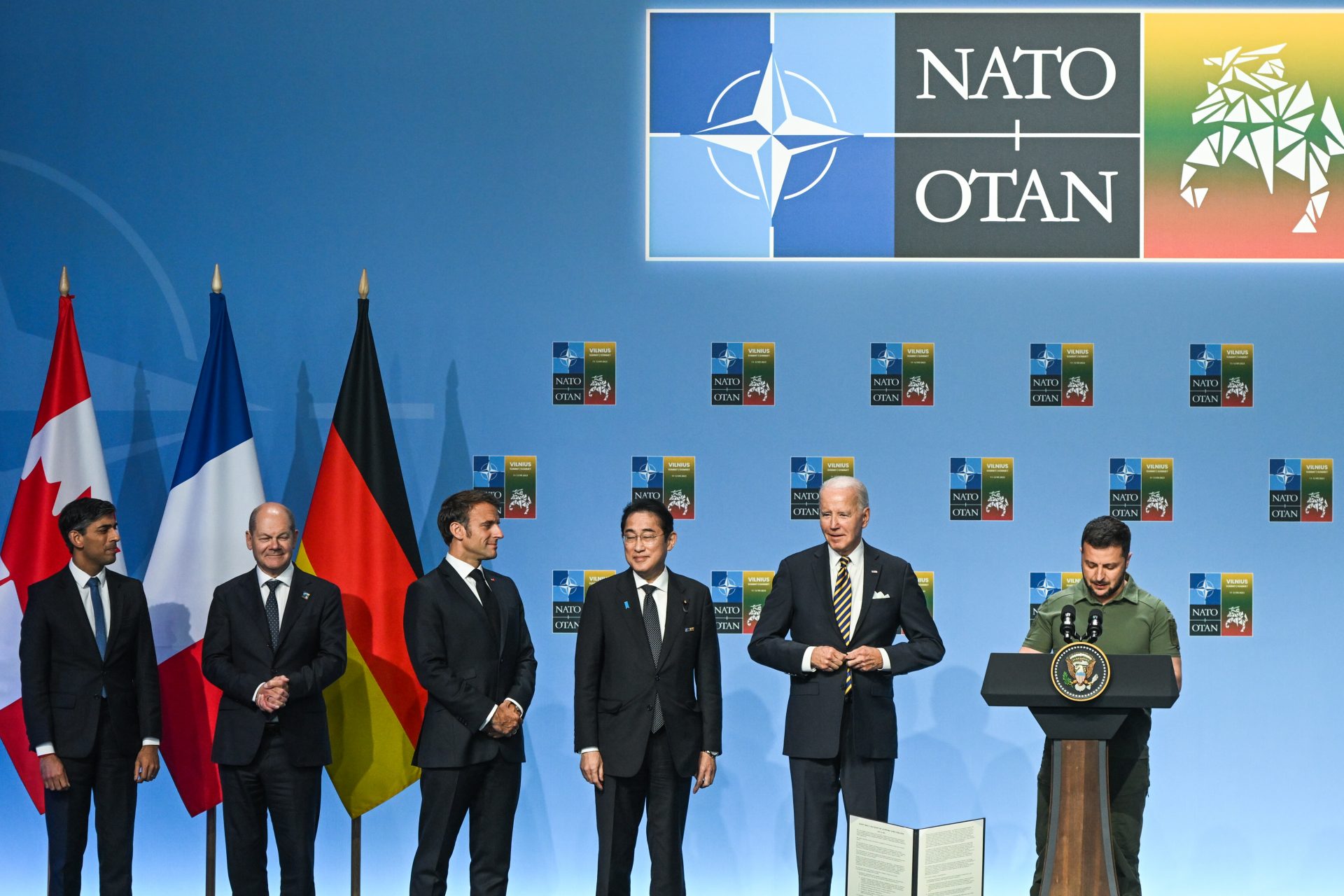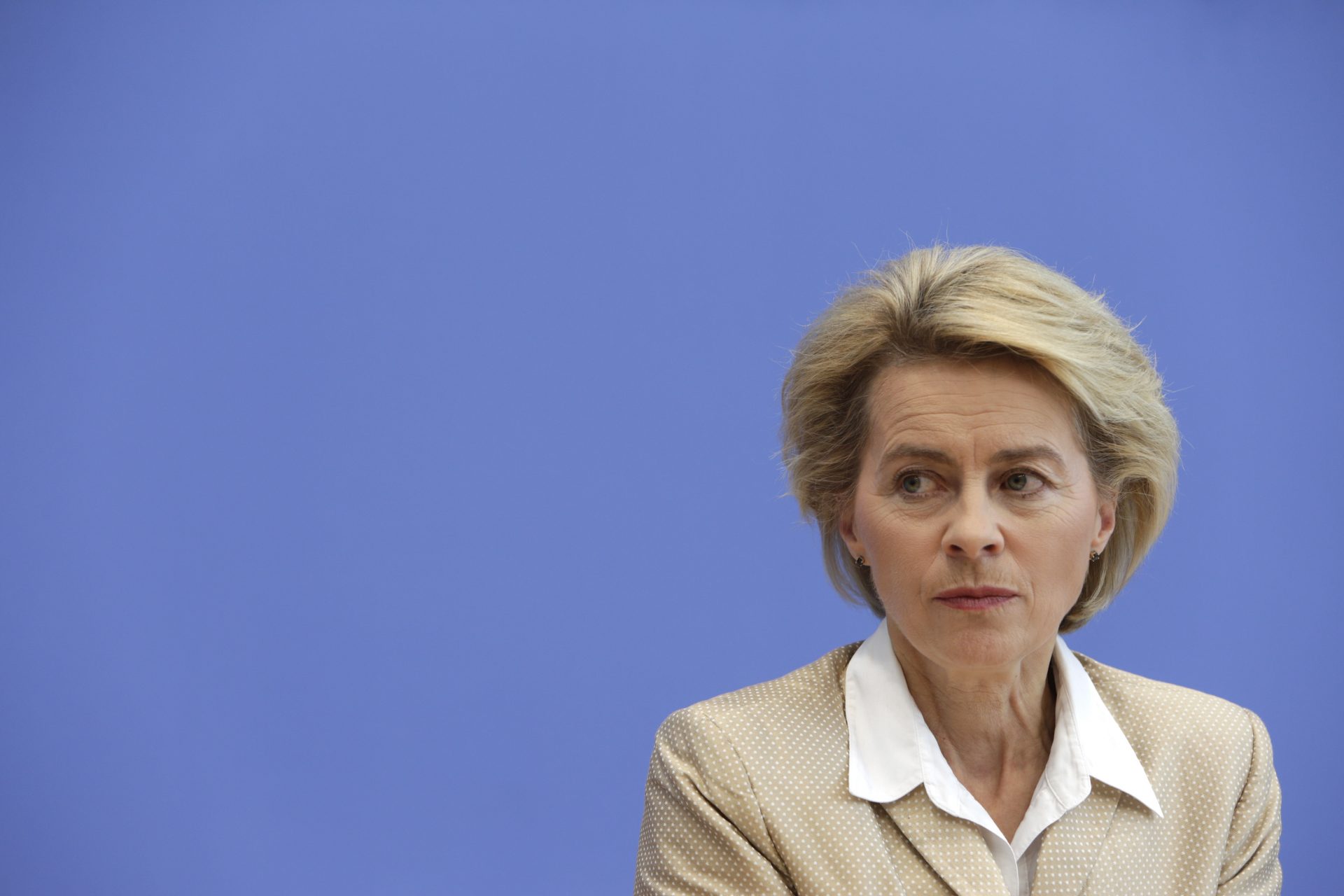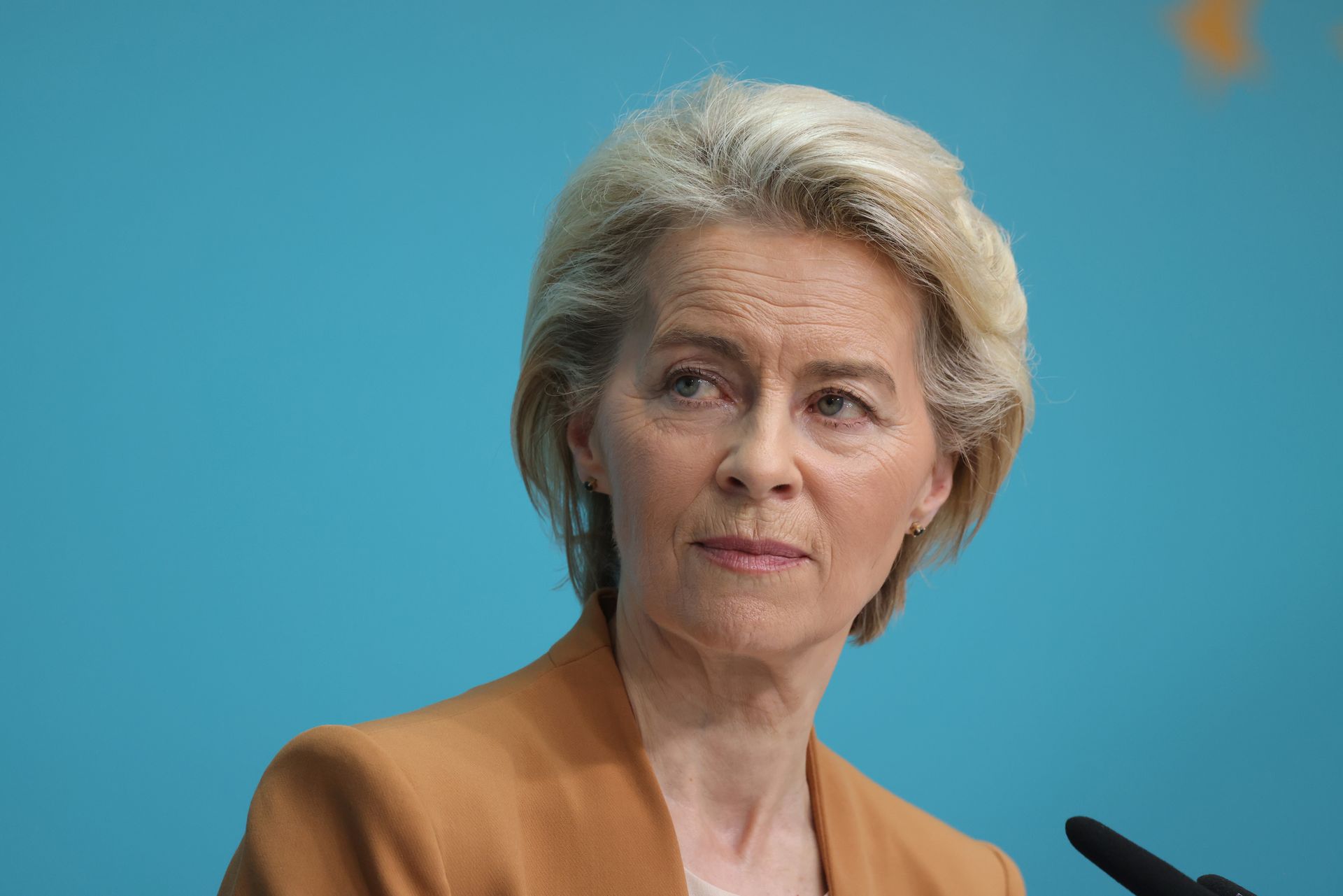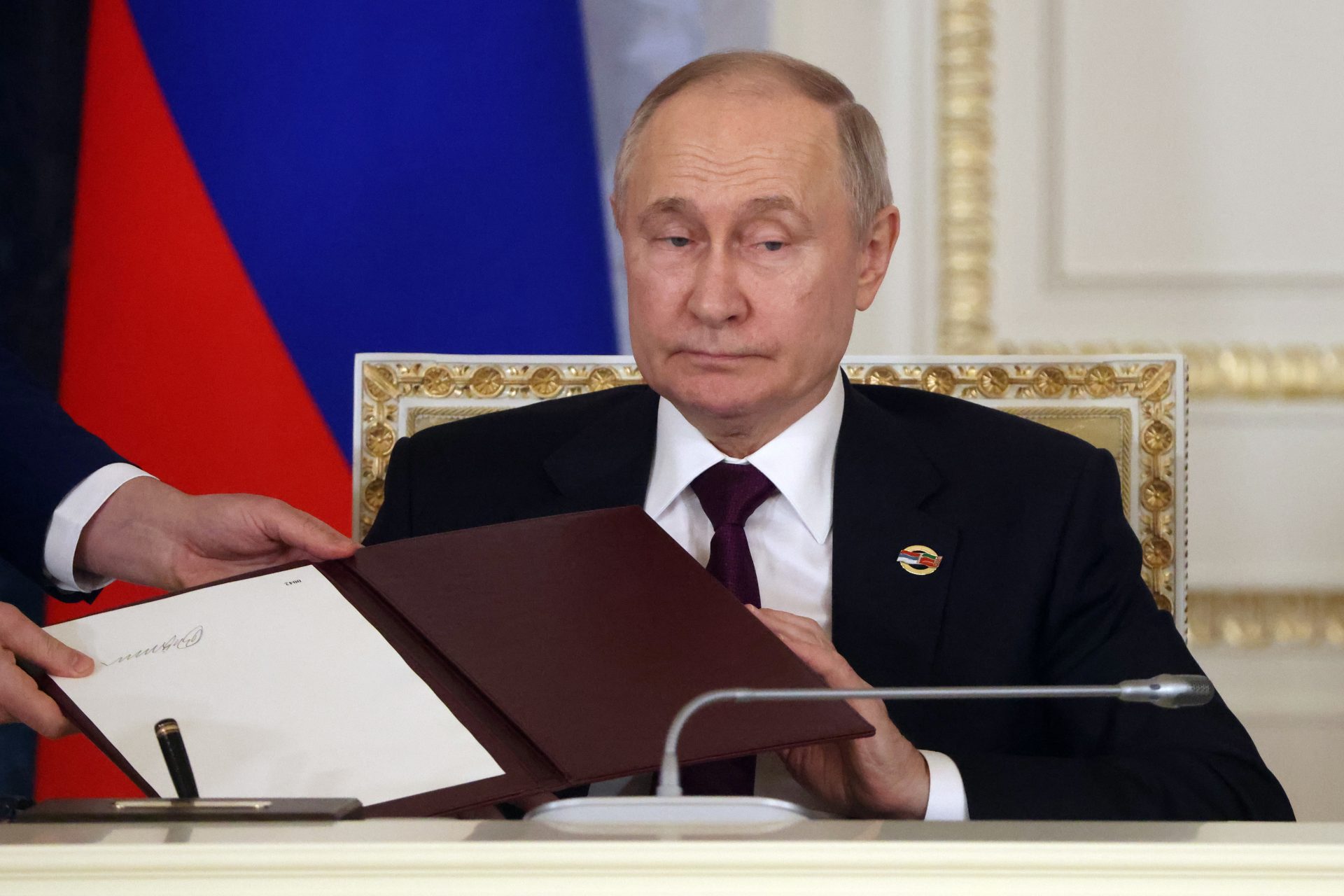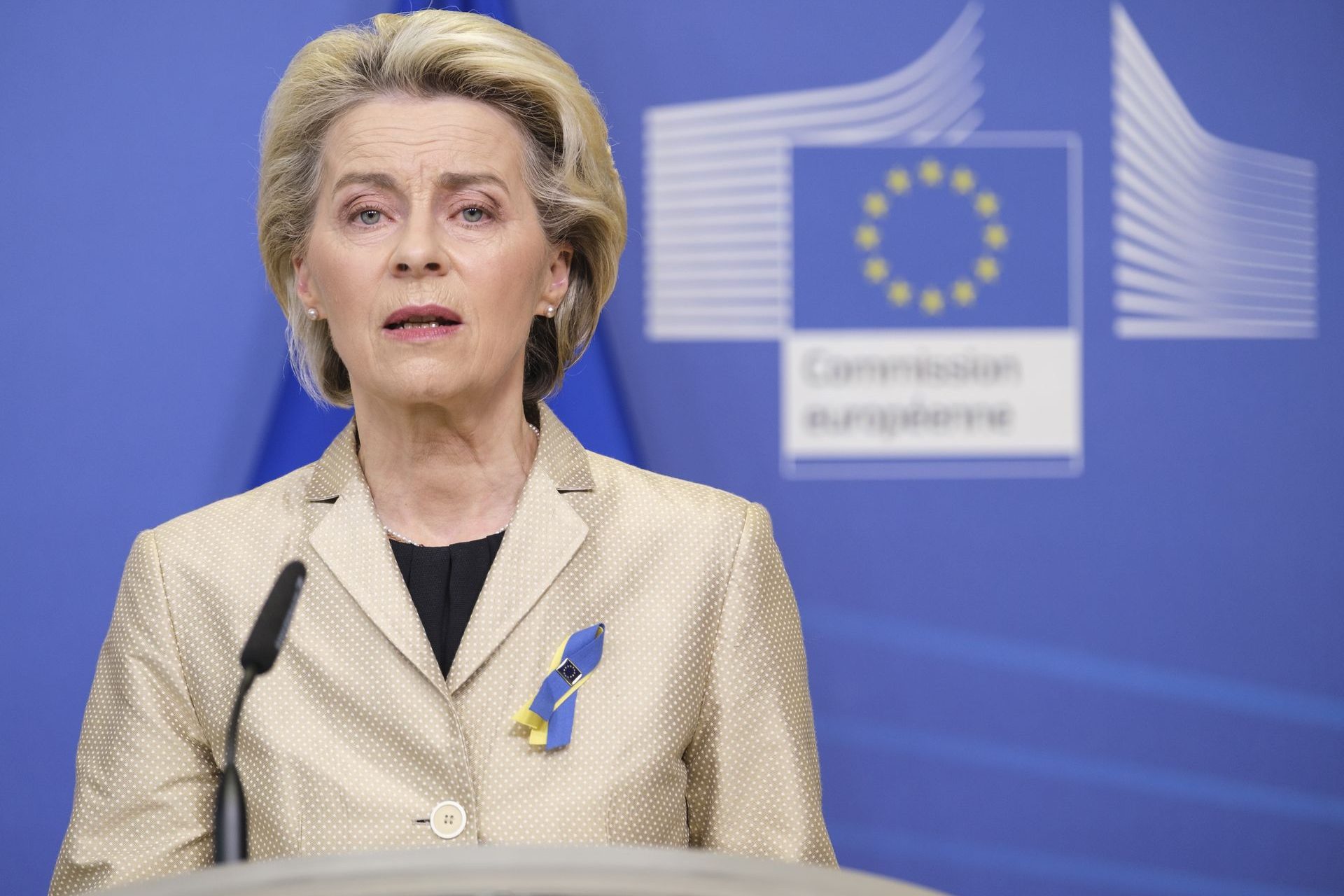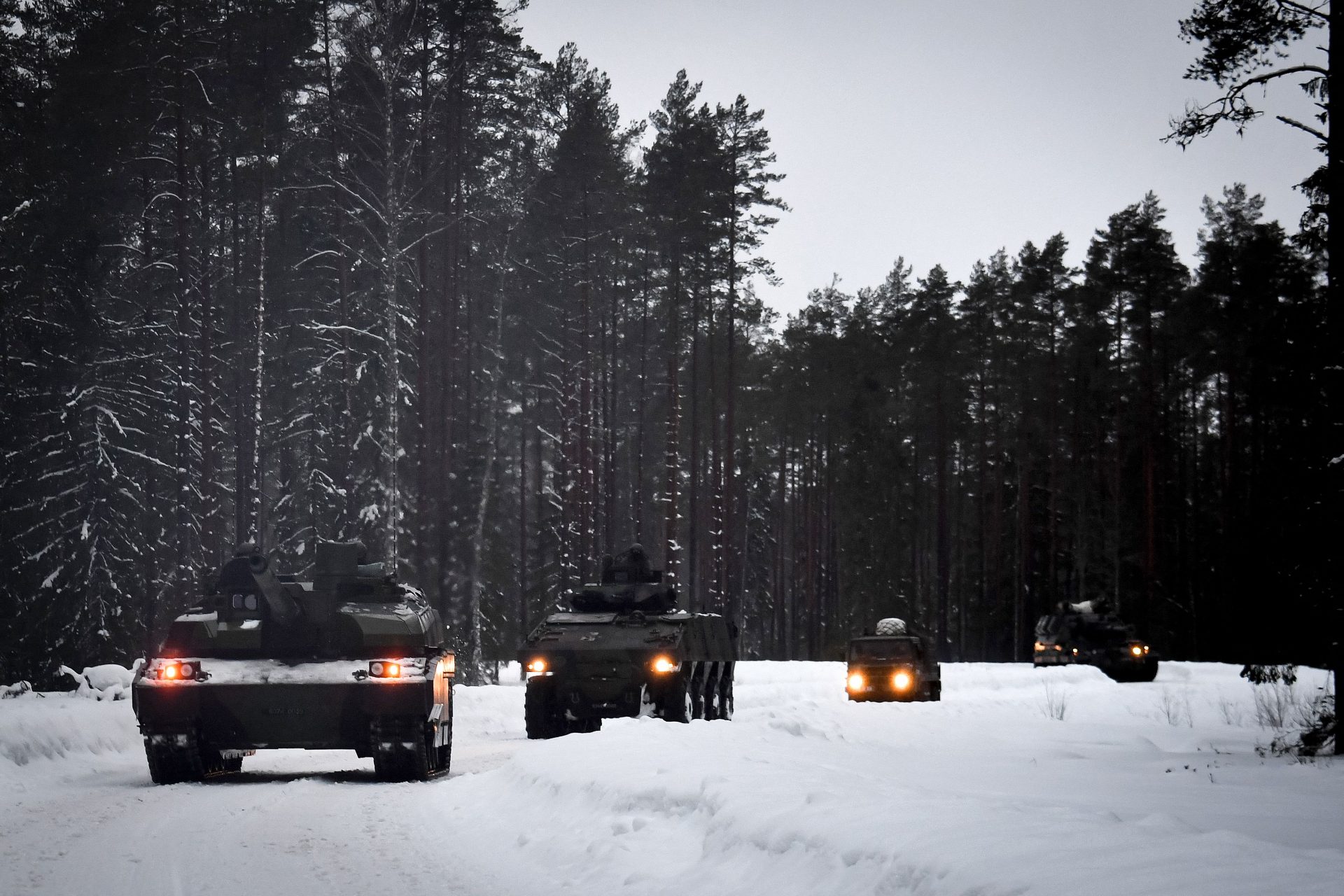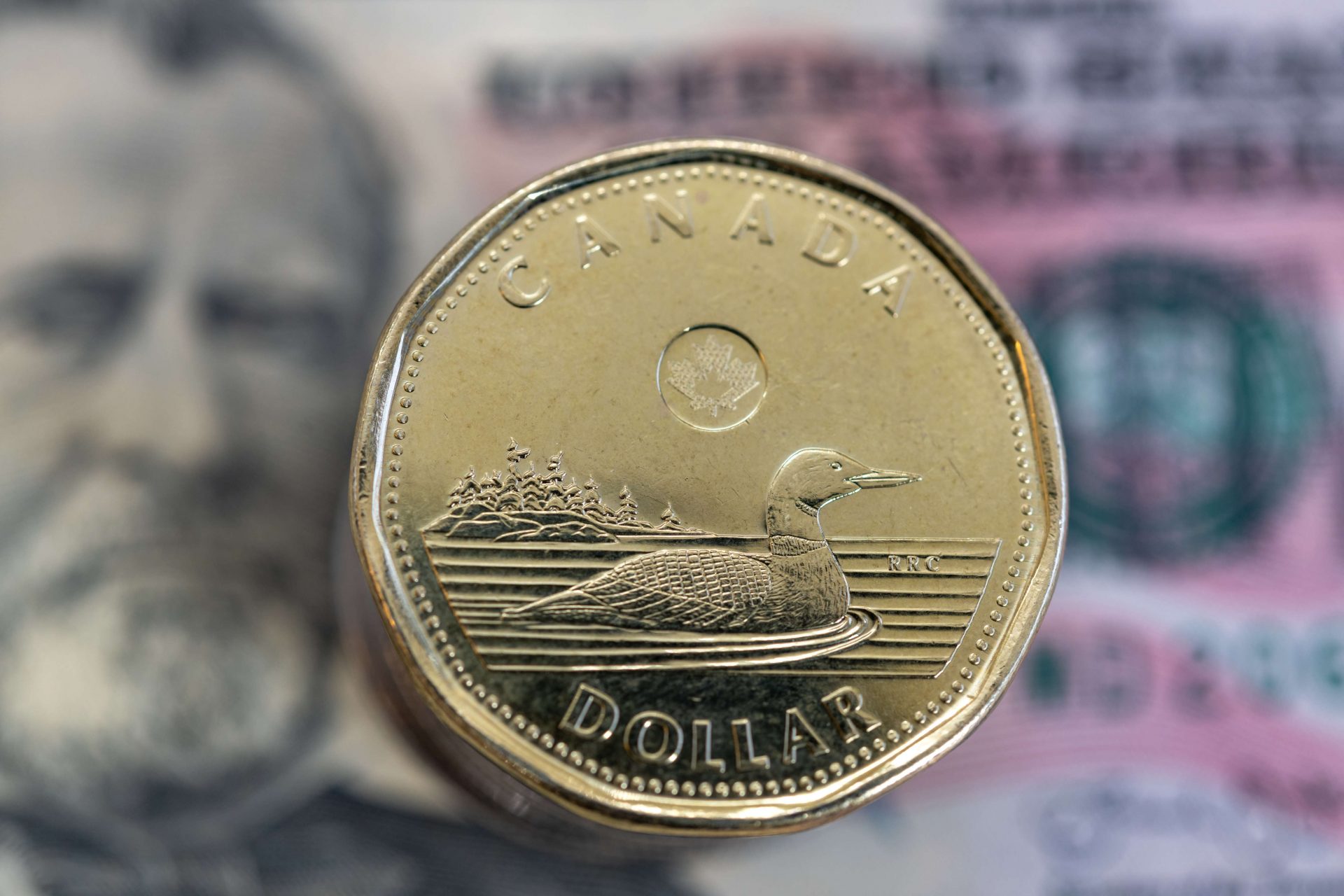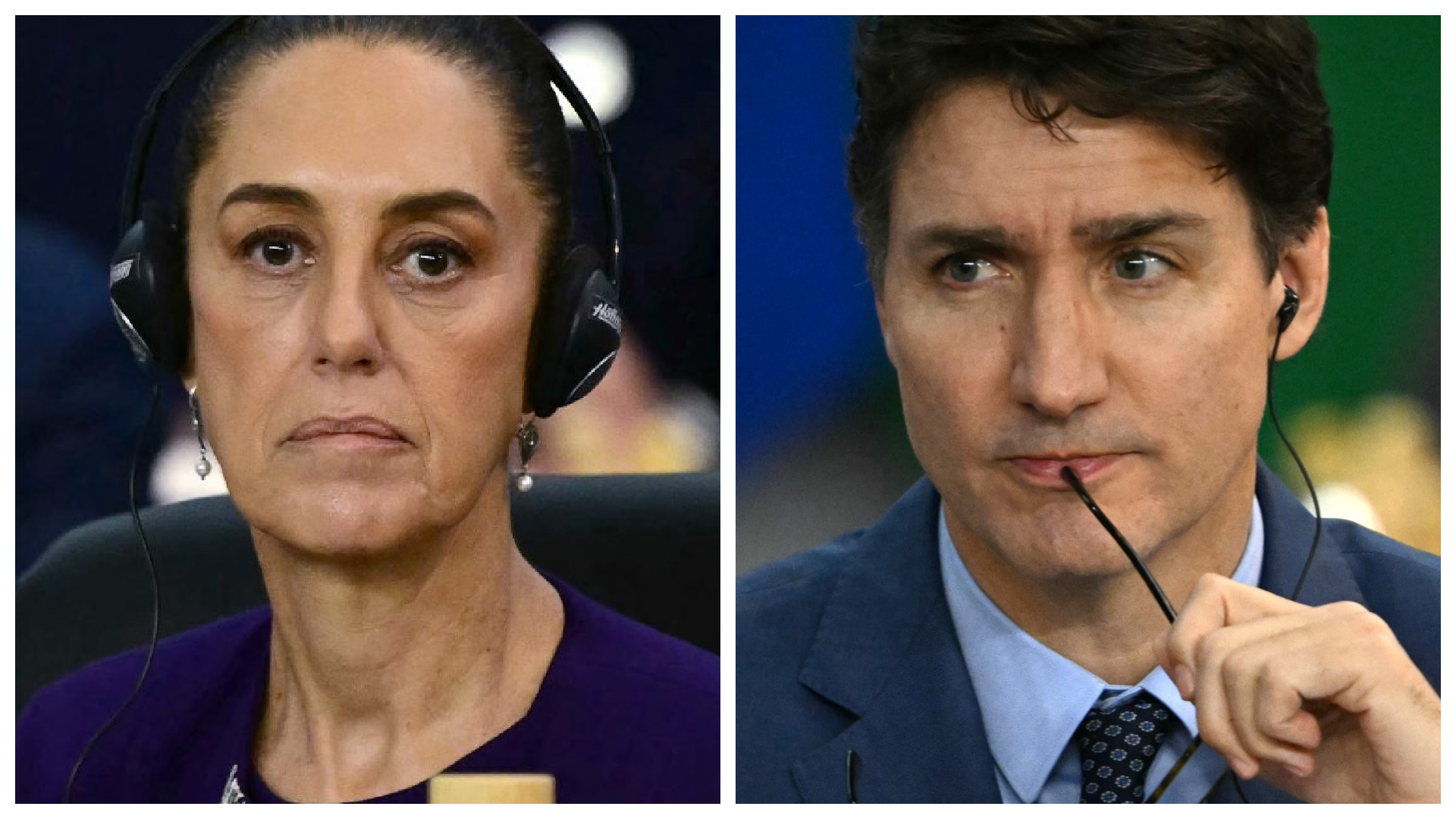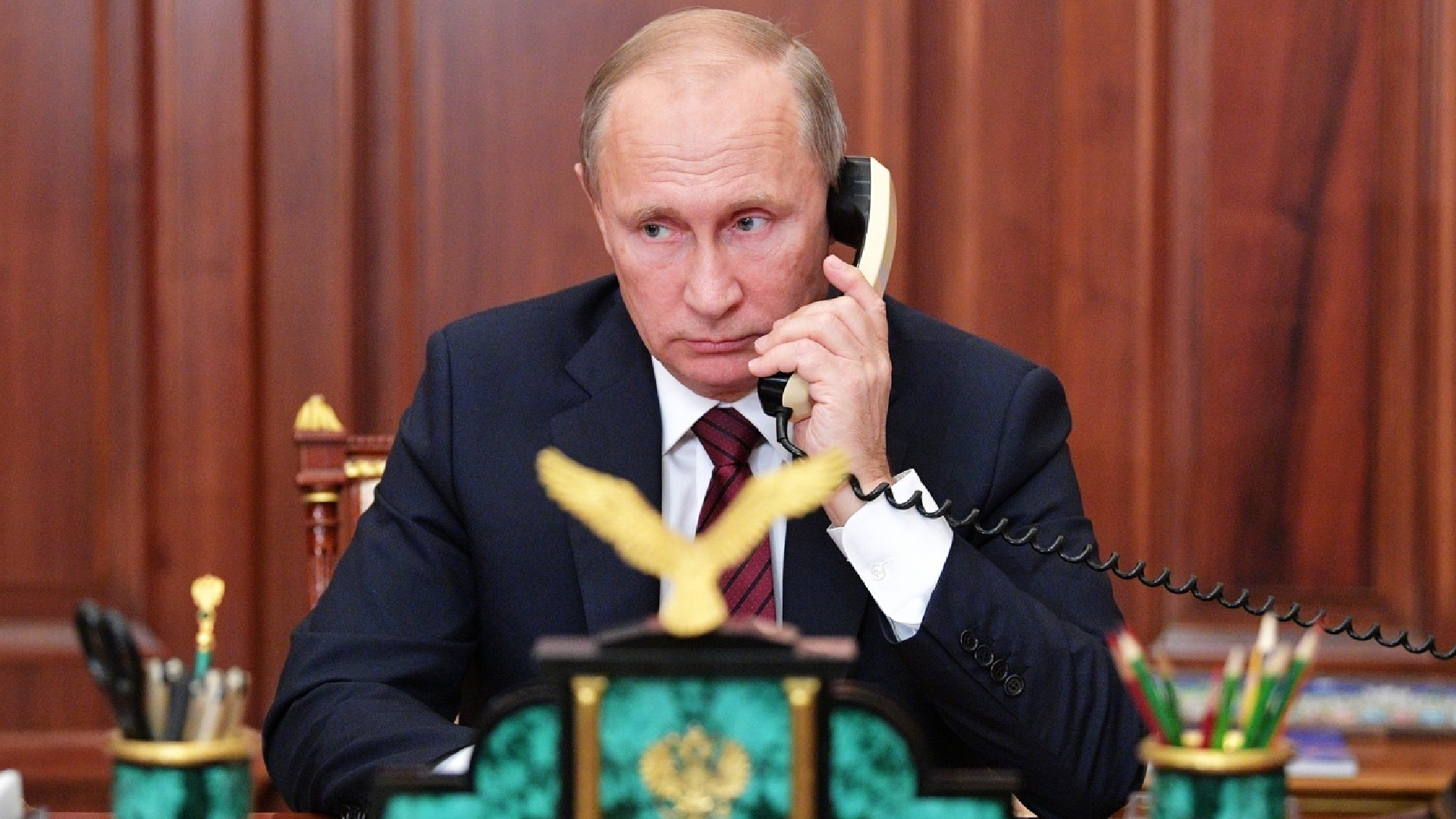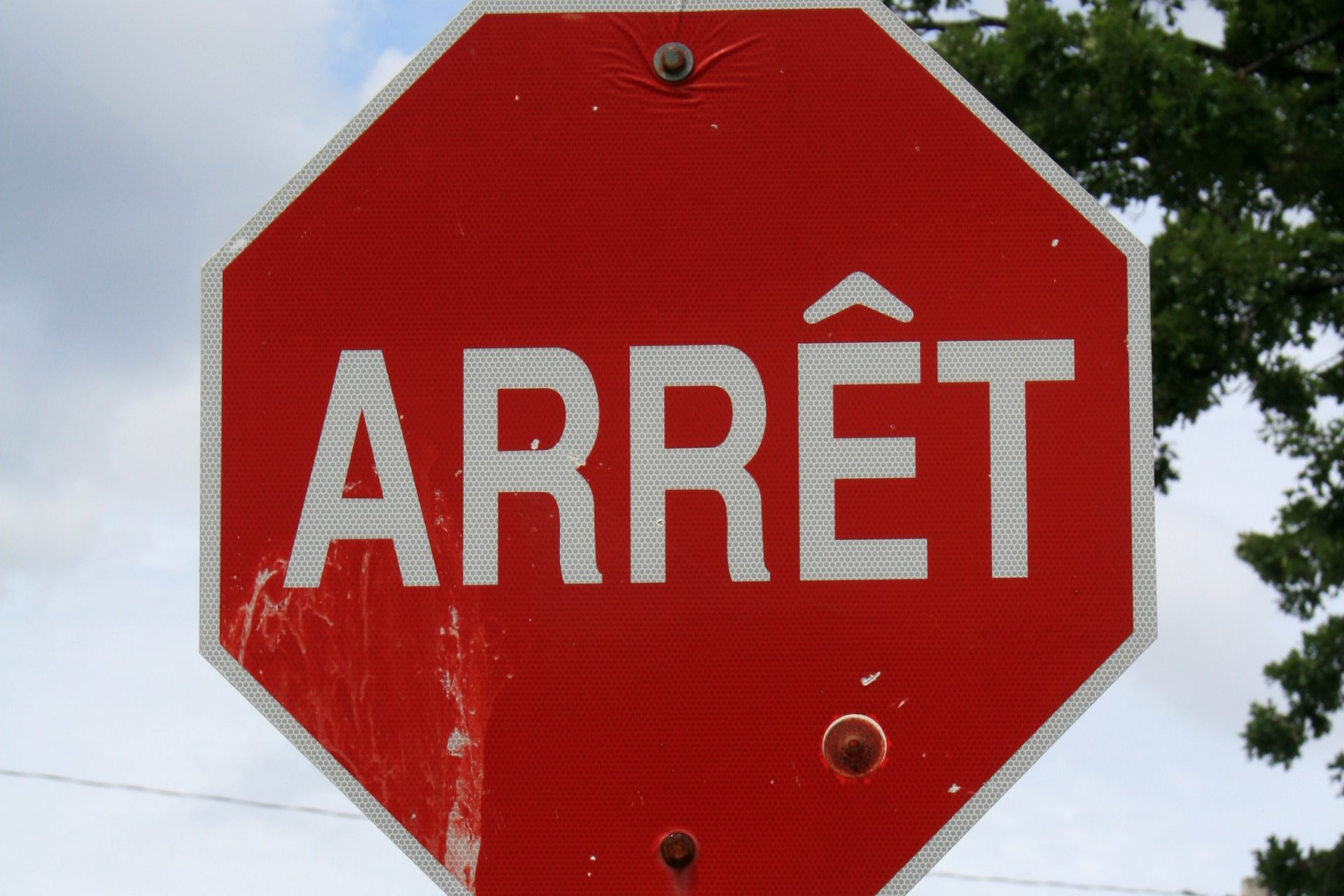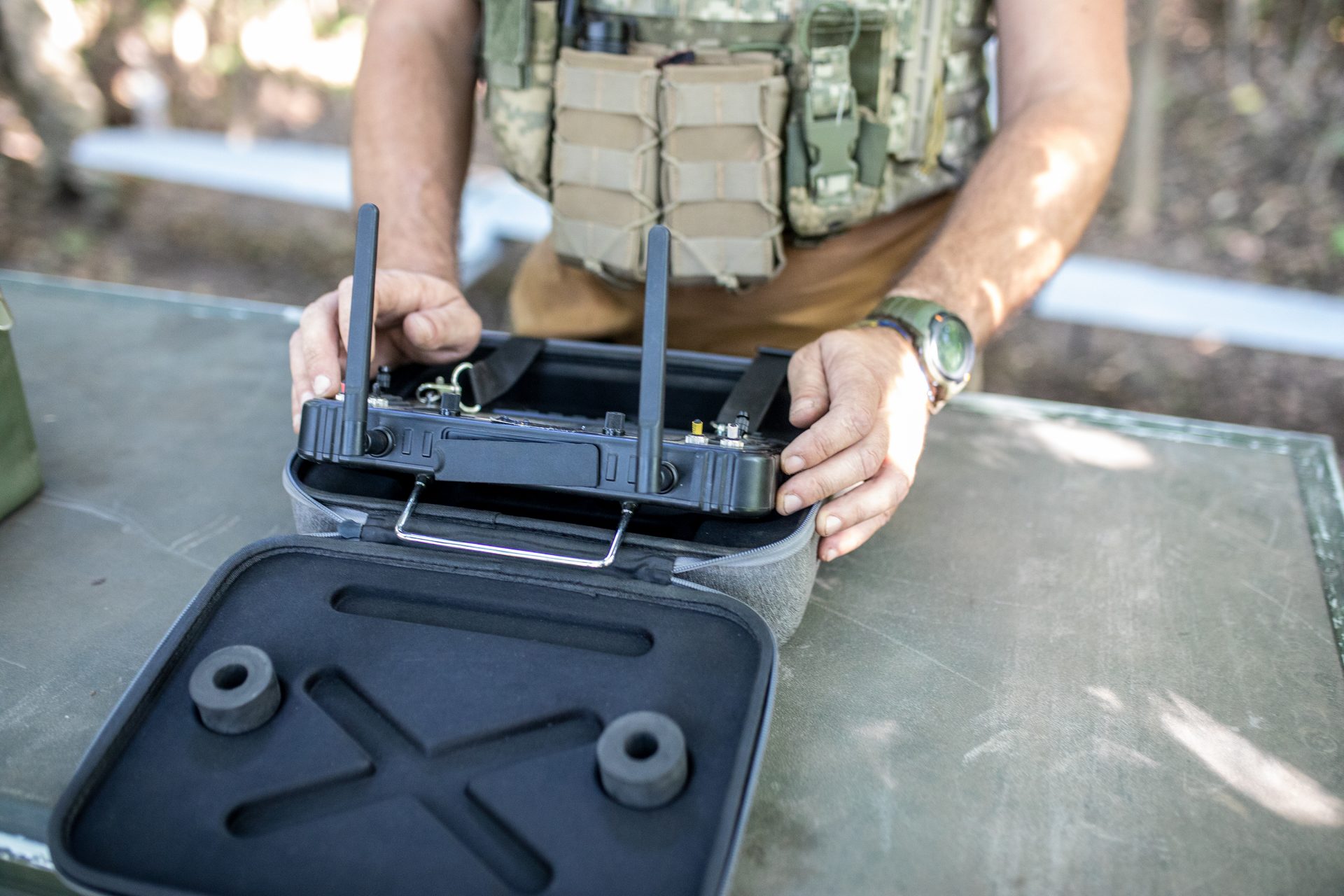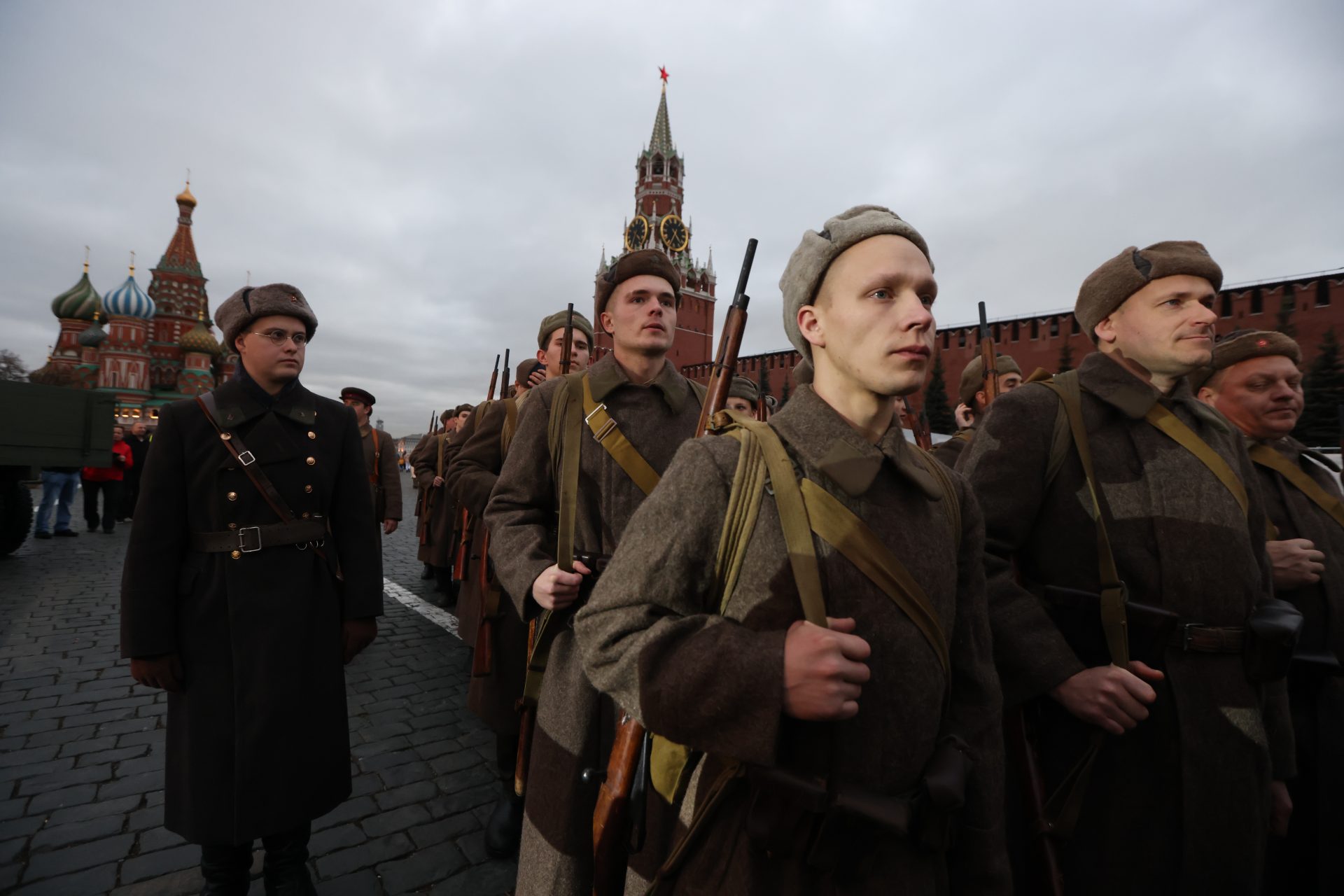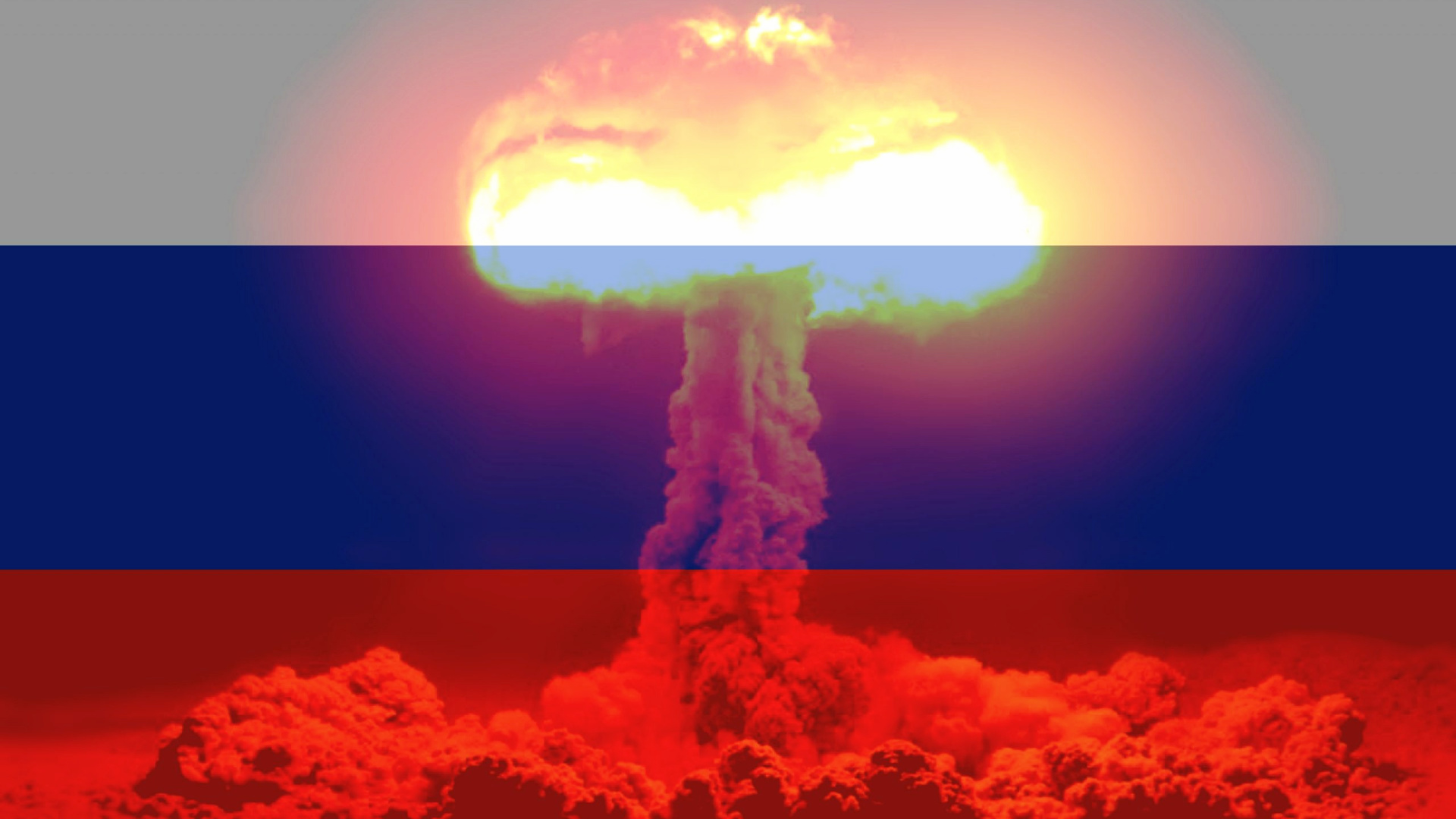Tensions increase between Europe and Putin: 'War with Russia is not impossible'
War between NATO and Russia would be inevitable if the defensive alliance sent troops to intervene in Ukraine according to a warning from the Kremlin in response to a remark from French President Emmanual Macron.
While speaking to reporters during a late-night press conference following a meeting he hosted to rally support for Ukraine, Macron openly discussed the possibility that soldiers from the West could be deployed to Ukraine.
"There is no consensus today to send ground troops officially but... nothing is ruled out," Macron said before going on to explain that Western nations would do whatever it took to “ensure sure that Russia cannot win this war.”
“The defeat of Russia is indispensable to the security and stability of Europe,” France’s President went on to tell reporters according to Politico, but it was a sentiment that was not embraced by many other Western leaders.
The backlash began almost immediately and German Chancellor Olaf Scholz was one of the first European leaders to note that more needed to be done for Ukraine, but added: “There will be no ground troops from European states or NATO.”
A separate Politico report collected several statements from other European leaders and a spokesperson for Rishi Sunak pointed out that the United Kingdom had no plans to deploy a large-scale force of troops to Ukraine.
A Spanish spokesperson Pilar Alegri also disagreed with the idea that European troops should be sent to Ukraine according to Reuters, while Italian Foreign Minister Antonio Tajani was quite clear the topic of troops being sent to Ukraine was a delicate issue.
“We have to be very cautious when we talk about sending troops because we must not make people think we are at war with Russia,” Italian Foreign Minister Antonio Tajani said, Politico reported. “We are not at war with Russia, we are defending Ukraine.”
Swedish Prime Minister Ulf Kristersson told the country’s press that Sweden was “fully with sending advanced material from Sweden to Ukraine” and that sending soldiers to the embattled country was “a completely different matter.”
Czech and Polish Prime Ministers Peter Fiala and Donald Tusk both indicated during a press conference that neither of the leaders planned to send troops to Ukraine with the former indicating Czechia planned to ramp up ammunition shipments.
“We will try to speed up the delivery of ammunition. We need to strengthen military production in Europe," Fiala explained. "You don't have to look for new ways to help, you have to be more proactive and act faster.”
A spokesperson for the United States told Reuters Washington didn’t have any plans to send troops to Ukraine, but the most definitive comments on the matter came from NATO Secretary-General Jens Stoltenberg.
“NATO allies are providing unprecedented support to Ukraine. We have done that since 2014 and stepped up after the full-scale invasion,” Stoltenberg according to the AP. “But there are no plans for NATO combat troops on the ground in Ukraine.”
When asked about the possibility of Western troops being deployed to Ukraine, Kremlin Press Secretary Dmitry Peskov responded by saying it would lead to conflict with the West and that Russia wanted Ukraine's allies to be aware of the risk.
“In this case, we need to talk not about the likelihood, but about the inevitability of a conflict,” Peskov said. “These countries must also assess and be aware of this, asking themselves whether this is in their interests, as well as the interests of the citizens of their countries.”
Within this escalation of tension between the European Union and Russia, the words of Ursula von der Leyen, president of the European Commission, fuel the fire of a possible conflict.
The top European leader said this Wednesday, February 28: "The threat of war may not be imminent, but it is not impossible. The risks of war should not be overblown, but they should be prepared for."
Von der Leyen, the most authoritative voice of the European Union, was firm: "With or without the support of our partners, we cannot let Russia win."
Von der Leyen continued, "And the cost of insecurity – the cost of a Russian victory – is far greater than any saving we could make now. And this is why it is time for Europe to step up."
It is difficult to think of a scenario of open war between the countries of the European Union (and, consequently, NATO) and Putin's Russia. But there are leaders like Macron or von der Leyen who warn that perhaps we should prepare for such a tragic option.
More for you
Top Stories




